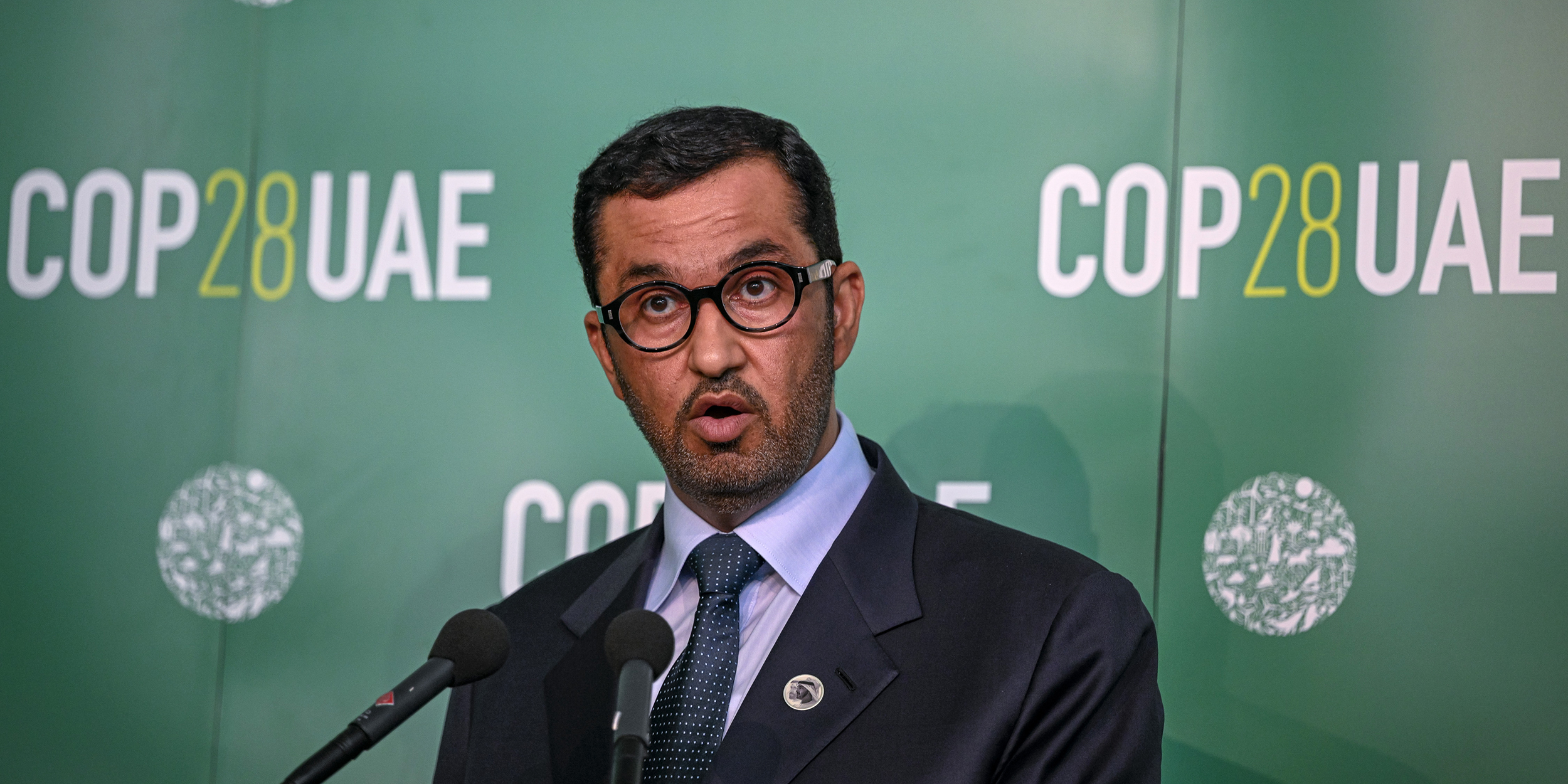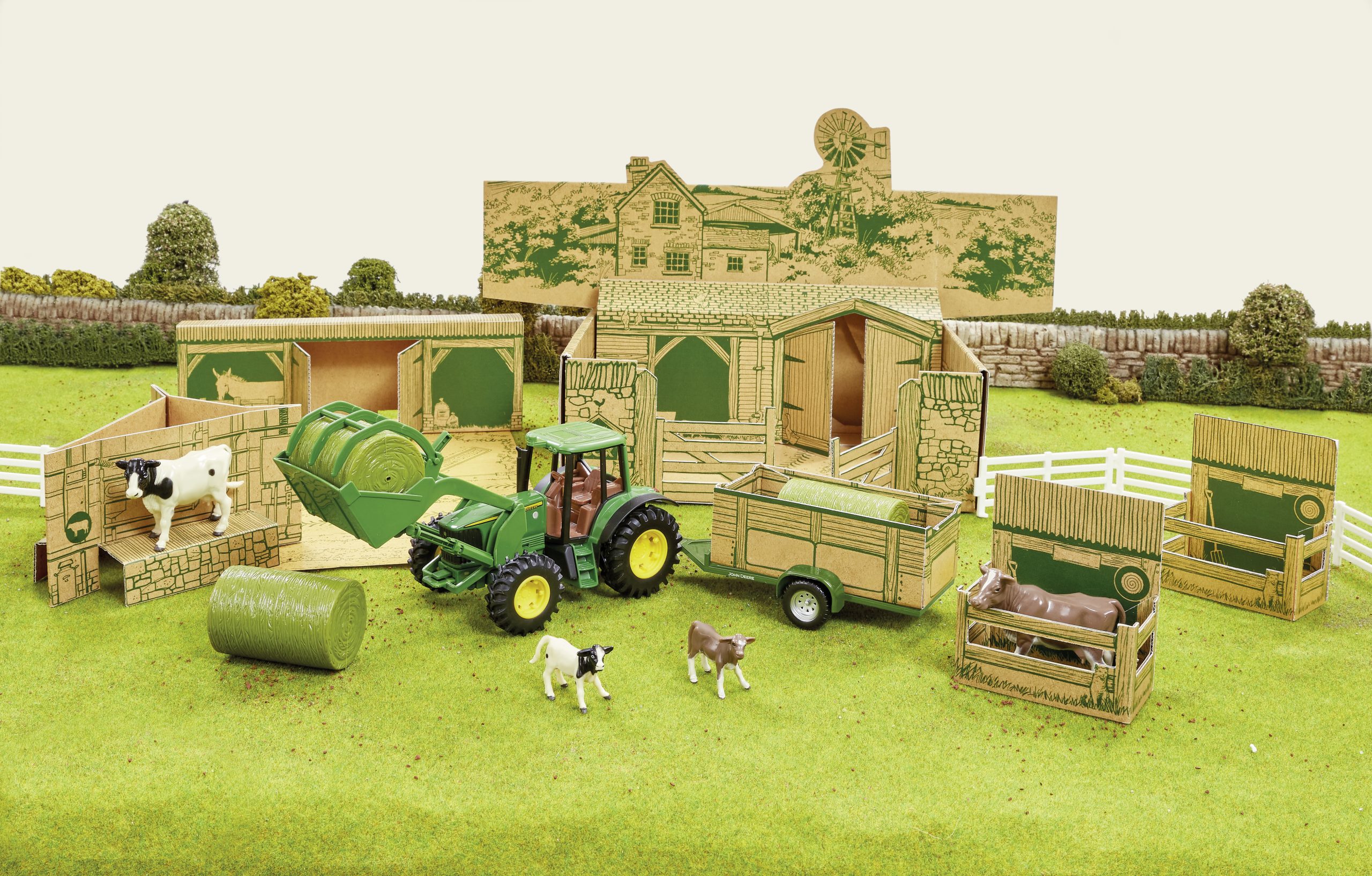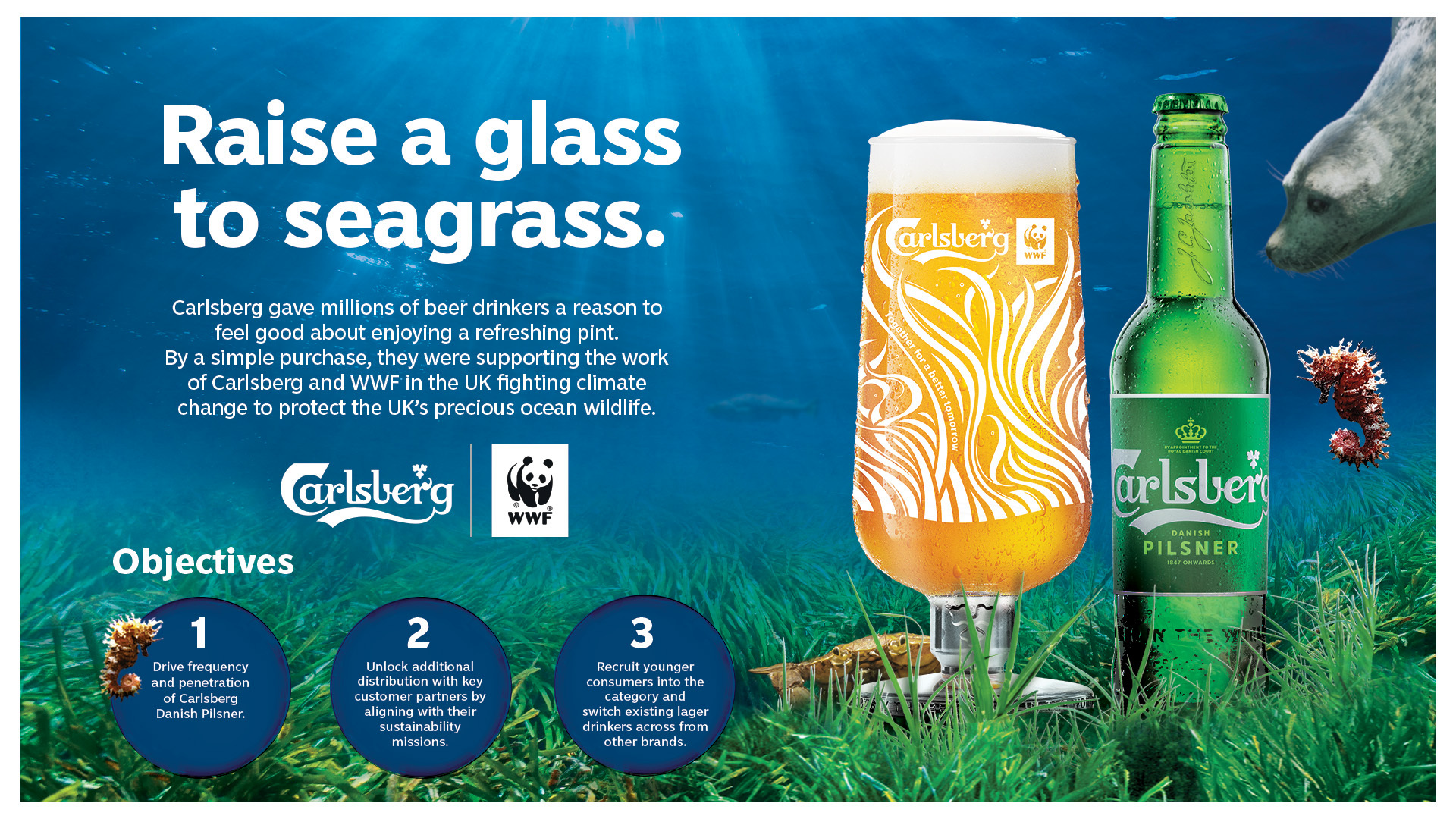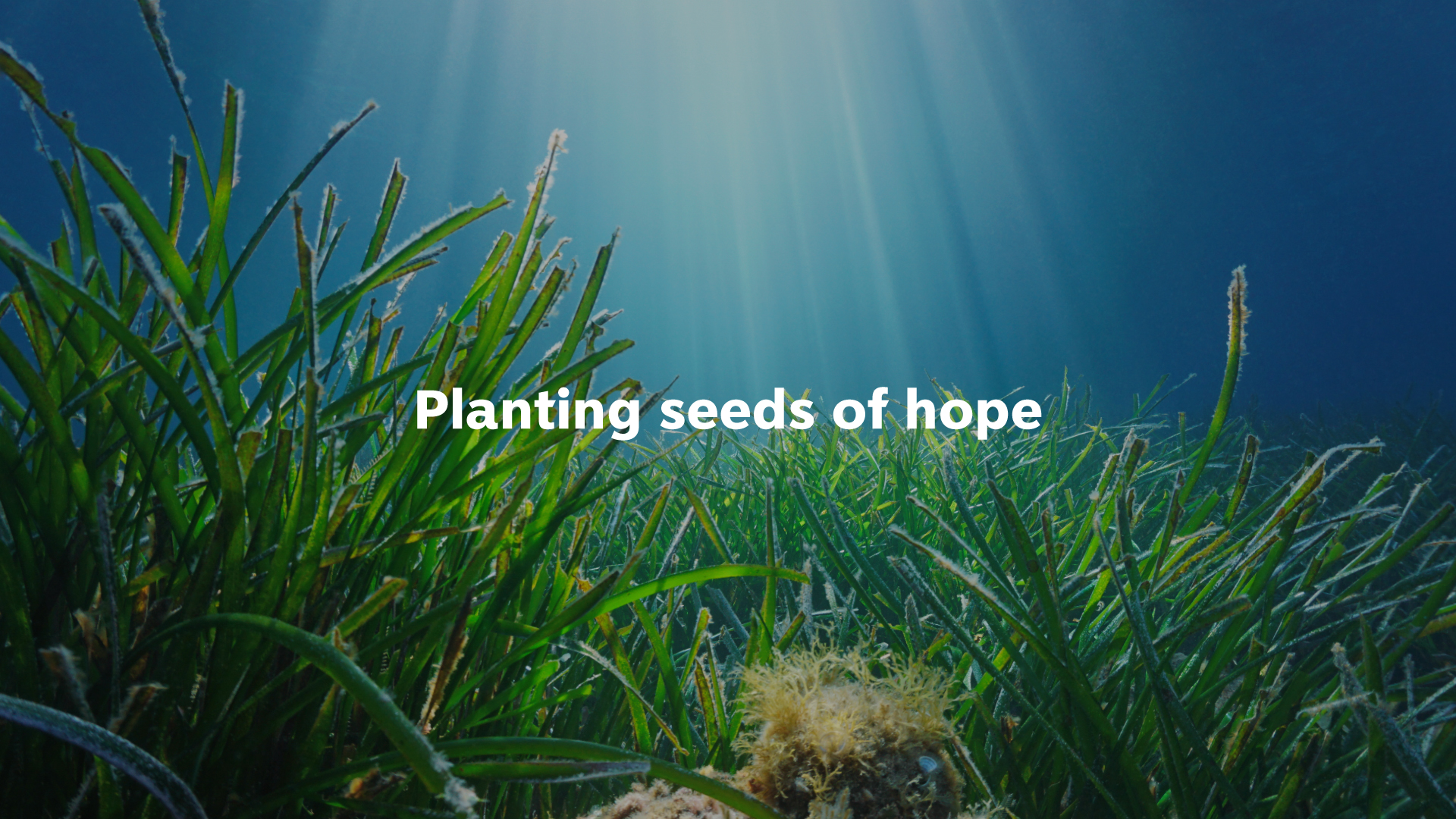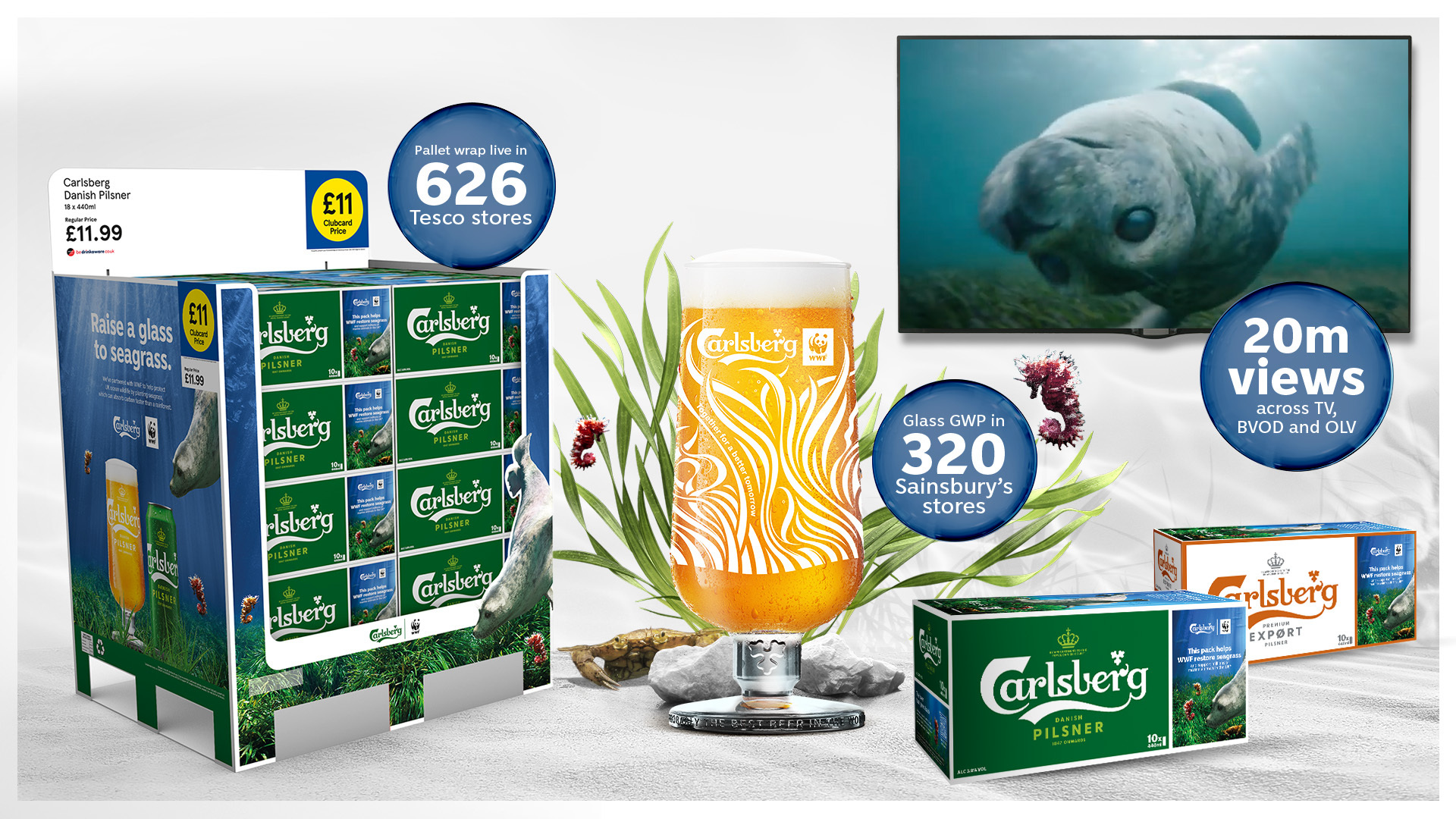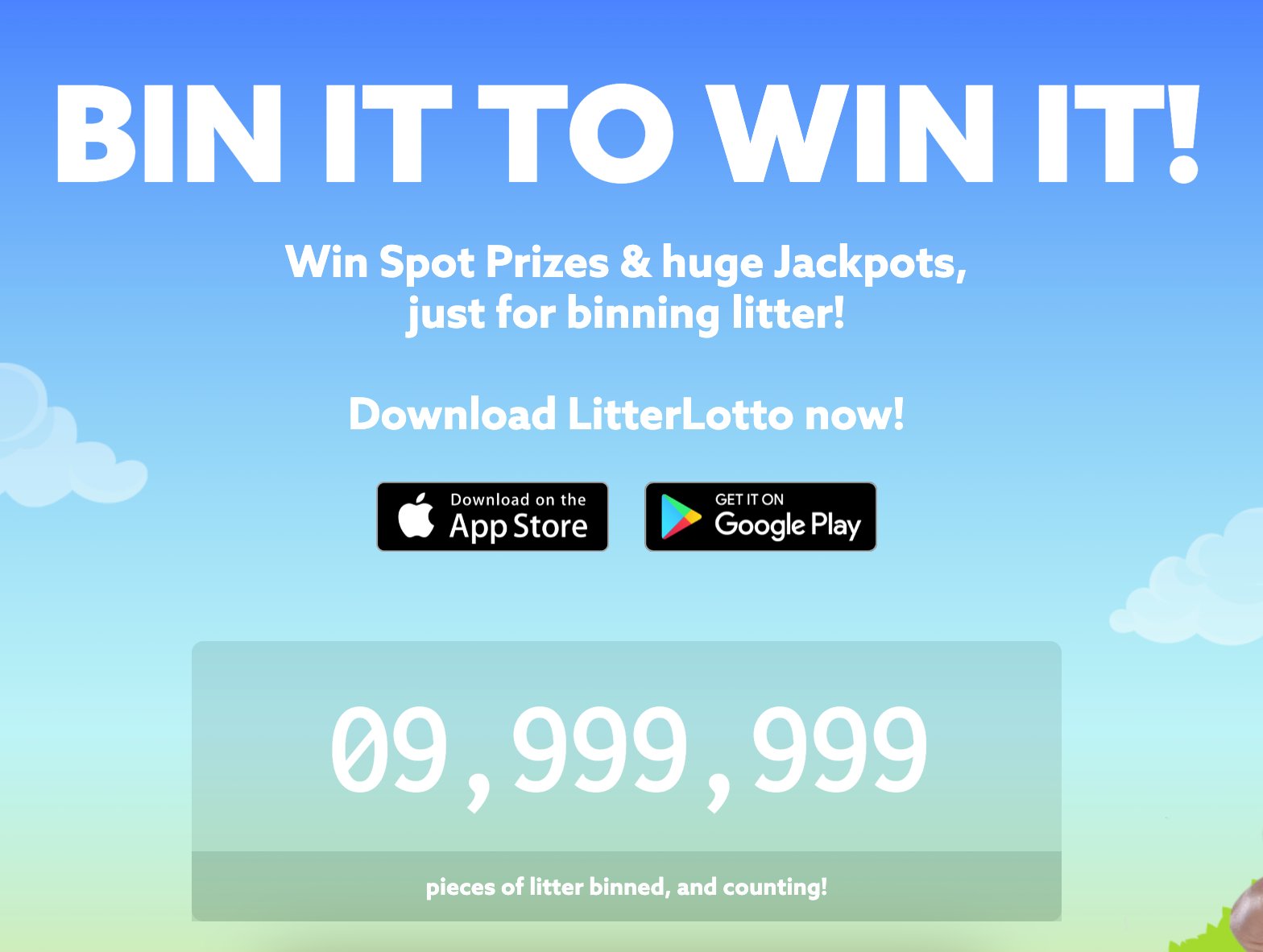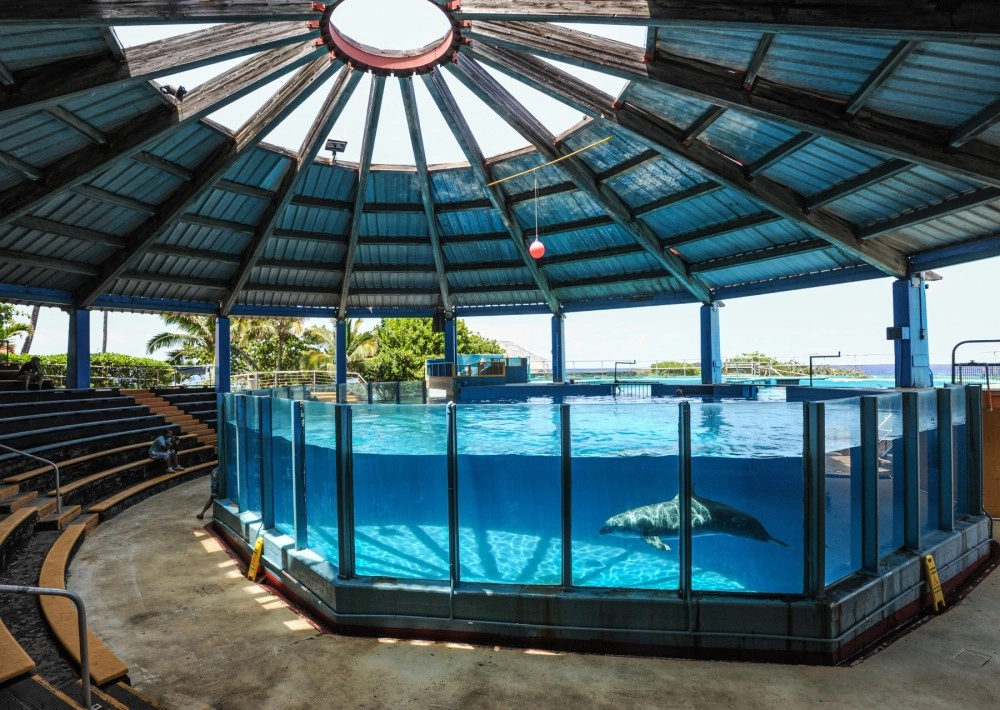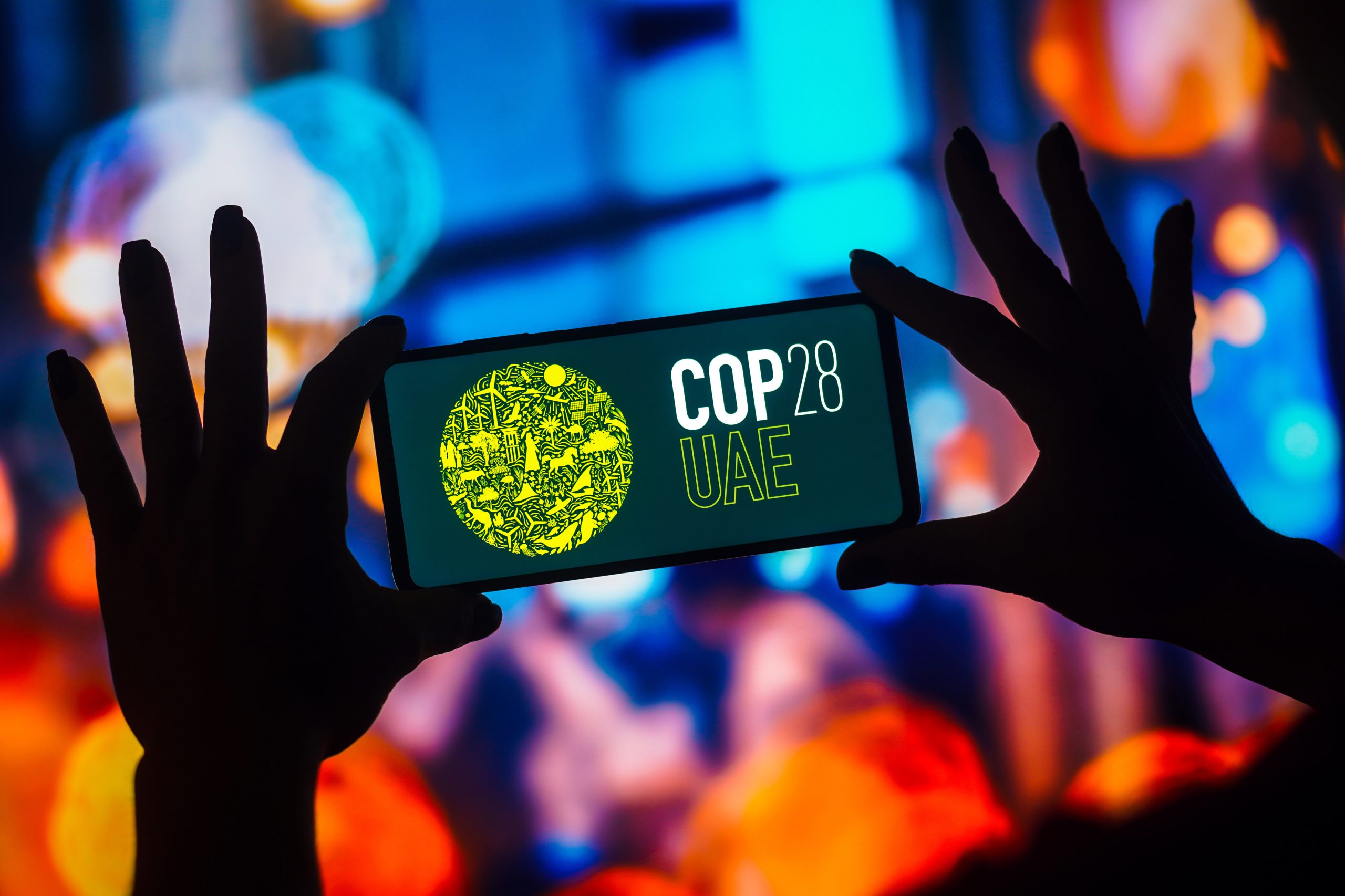
The Role of Promotional Marketing in Sustainability and Climate Action
The Role of Promotional Marketing in Sustainability and Climate Action
With COP28 UAE, and the Advertising Standards Authority’s Five-year strategy placing a spotlight on ‘Plant’, we stand at a critical juncture in time for sustainability awareness and action. This presents a unique opportunity to reflect on the evolving response to climate change, particularly in the realm of promotional marketing.
December 01, 2023
Carrot or Stick?
Responses to shifting consumer behaviour towards climate action have traditionally relied on the classic ‘carrot and stick’ method of behaviourism. Yet, in recent times there’s been a noticeable shift towards favouring incentives (the ‘carrot’). For instance, in January 2023, The UK Department For Environment announced plans to incentivise recycling. Starting from 2025, they plan to offer cash rewards for returning single-use drink containers. Meanwhile, in the private sector, LitterLotto has already created an app that has incentivised over ten million pieces of waste removal. While the ‘Farm in a Box’ campaign by Wow Me Design has successfully married plant-based ink with playful toy packaging to negate the use of any plastic vac-form elements and ties. As businesses align their sustainability strategies with increasingly robust guidance and legislation, they illuminate the path forward in the promotional marketing industry. But before delving deeper into these innovative campaigns, let’s first turn our attention to the promise and controversy of COP 28 as it takes centre stage today.
COP 28: Promises and Controversies
COP 28 arrives in the United Arab Emirates (UAE), one of the world’s top oil producers with Dr. Sultan Al Jaber, CEO of a state-owned oil company stepping into the limelight as president. With plans to expand oil production, Al-Jaber’s role is under scrutiny, yet he contends that his experience uniquely positions him to advocate for change within the oil and gas sector. The summit in Dubai follows a year of extreme weather events in which many climate records have been broken. Having committed at COP21 to limit global warming to 1.5°C by 2050, the Global Stocktake will be a key talking point alongside the Loss and Damage Fund and fast-tracking the move to clean energy sources to “slash” greenhouse gas emissions before 2030.
ASA Releases 5-Year Strategy
The Advertising Standards Authority (ASA) released its five-year strategy on the 29th of November, placing the ‘Planet’ as a key strand. This underscores the importance of sustainability in the advertising and marketing industry which is set to face new content and placement restrictions on marketing materials that are perceived to be environmentally damaging. The ASA’s new strategy is in line with the urgent global need for ambitious net zero targets and the growing trend to direct consumers towards more sustainable purchasing decisions and lifestyles. Marketing, with its unique power to influence behavioural change, has a pivotal role in guiding this societal transition. In conversation with the IPM, Miles Lockwood, Director of Complaints and Investigations at the ASA, shares his is optimistic view:
“There are real opportunities for creatives and the marketing industry to get on top of this narrative and do something impressive and exciting which actually helps the country get closer towards its goals, and I think you’ll be the heroes if you are in that band.”
Miles Lockwood in conversation With The IPM, Director of Complaints and Investigations at the ASA.
With the ASA’s new five-year strategy embedding sustainability as a core pillar, let’s now turn our attention to the marketing industry and initiatives that are channelling their creative powers to disrupt the status quo and pioneer into the future. These initiatives are actively reshaping industry norms, truly embodying what it means to be “heroes” in their field.
Leading the Charge in Sustainable Promotions
Sustainable Play: ‘Farm in a Box’ by Wow Me Design
The ‘Farm in a Box’ campaign by IPM members Wow Me Design represents a significant leap in sustainable packaging within the toy industry. Creative Director, Andy White drew upon theatrical stage design to transform the packaging itself into an interactive part of the toy. Crafted from recycled cardboard and printed with eco-friendly plant-based inks, the packaging unfolds into a full-fledged farm set, reducing waste, eliminating single-use plastics, and embracing playful innovation.
Carlsberg’s ‘Raise A Glass To Seagrass’ Campaign
Carlsberg, in collaboration with the World Wildlife Fund (WWF), launched an ambitious project to bolster the UK’s coastal ecosystems by planting 130,000 square meters of seagrass meadows – an area equating to over 18 football pitches. Guided by the creative expertise of ZEAL Creative, the campaign introduced a charming seal character, native to UK waters, as the face of this initiative. This seal served as a ‘visual disruptor,’ creating a deep emotional connection between the audience and the marine habitats. By weaving this narrative, ZEAL skilfully highlighted the critical role of seagrass in carbon sequestration and climate health. Each purchase of Carlsberg beer directly contributed to the WWF’s efforts in restoring seagrass meadows, transforming a routine consumer choice into a meaningful environmental action.
LitterLotto: Winning Against Waste
LitterLotto combines climate action with the excitement of winning prizes. By incentivising individuals to dispose of litter properly, the LitterLotto app has successfully motivated users to dispose of over ten million pieces of litter properly. Users simply photograph themselves disposing of litter via the app to enter prize draws, a gamified technique that taps into the powerful motivators of instant reward and social sharing. In conversation with the IPM, Neil Mandel, Founder of Epic Activation describes the campaign’s global expansion and substantial impact in South Africa, where an additional half a million pieces of litter have been collected. Partnering with key councils and major retail outlets alongside forging significant international ties, LitterLotto exemplifies how promotional marketing strategies can turn a global challenge into a community-driven and rewarding experience.
Navigating Responsible Tourism with Justine Clement
As the founder and CEO of a certified B Corp, The Happy Prize Company, Justine Clement recently caught up with the IPM to discuss the changing nature of the marketing industry. Clement highlights the inherent conflict in travel, recognising its potential for both self-discovery and and ecological damage. She emphasises the role of responsible tourism, underscoring the need for conscientious booking practices that ensure prize winners leave their destinations as good as, or better than they found them. This approach is crucial at a time when the impact of tourism is under increasing scrutiny.
The movement towards ethical tourism is also finding a voice in legal circles. The Animals Low-Welfare Activities Abroad Bill, led by Lord Black of Brentwood, is a case in point. Making significant headway in the House of Lords, the Bill aims to outlaw the domestic promotion and sale of overseas animal experiences that contribute to the suffering of an estimated 550,000 wild animals globally. This legislative development aligns closely with Clement’s vision towards conscientious consumer behaviour and business practices, illustrating a growing synergy between legal frameworks and sustainable tourism ideals. She concludes:
“But we need to have hope. You might feel climate anxiety because it’s there, of course it needs to be felt. But then moving to solutions, moving into the imagination, the disruption process and envisaging a future that we would like to see because sitting in hopelessness and despair is not going to help us at all”.
Justine Clement, Founder and CEO at the The Happy Prize Company.
Incentives, Design, and B Corp Impact
In a world grappling with environmental challenges, the ASA’s focus on ‘Planet’ as a cornerstone of its five-year strategy underscores the critical role of marketing in the drive towards sustainability. The evolution from traditional ‘carrot and stick’ approaches to more creative and incentive-based strategies underlines a seismic shift in the industry’s response to climate change. This shift is evident from LitterLotto’s gamified waste removal app, ‘Farm in a Box’ by Wow Me Design, and holistic business models like B Corp certification. With governments and businesses increasingly leveraging incentives to promote environmental responsibility, it challenges the industry to reimagine its role, not just as a driver of consumer behaviour, but as a key architect in building a sustainable future.
News
Agencies Hail CORE A Game-Changer for Experiential Insights
Agencies Hail CORE A Game-Changer for Experiential Insights. Secure 1 weeks access for non-IPM members.
Beyond the Rainbow: Growing Your Brand with Pride
Discover how brands can genuinely support the LGBTQIA+ community at Pride 2024.
Plunge into a Summer Review of ASA Promotion Rulings 2024
Dive into our Summer Review of ASA Promotion Rulings 2024.


